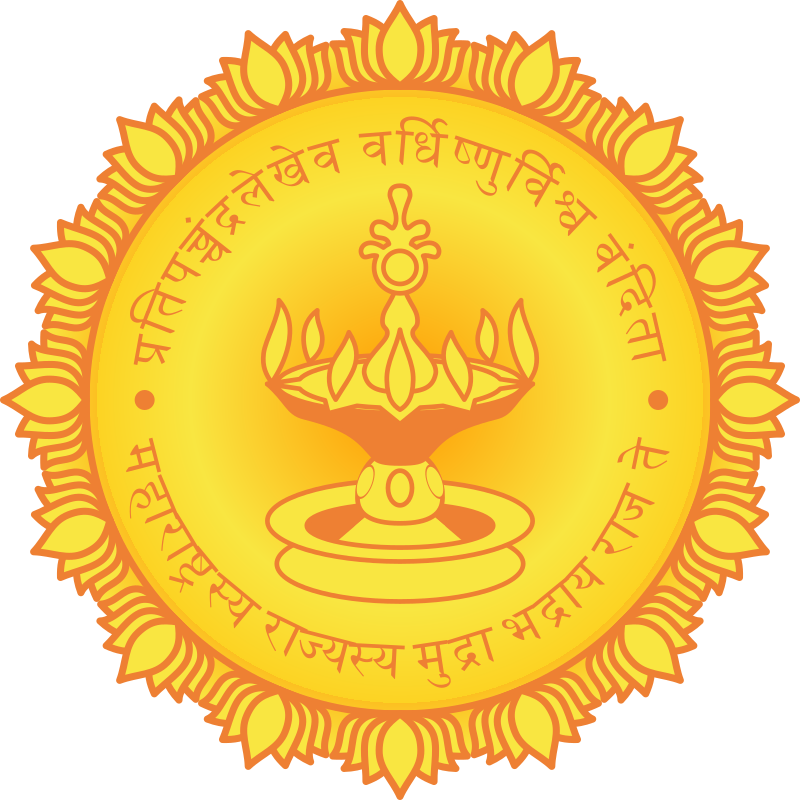MREGS Department
The irregularity of monsoon and frequent droughts have become a serious concern for the state government. Drought conditions in rural areas of the state cause shortages of food, employment, and water. To reduce the risks and adverse effects of drought on the rural population, the Government of Maharashtra has implemented permanent and long-term measures by providing employment to unskilled laborers. Considering all these aspects, the Maharashtra Legislature passed the Maharashtra Employment Guarantee Act in 1977 and implemented it across the state. Under this act, the Maharashtra Employment Guarantee Scheme was launched, and two different schemes were implemented in rural areas. In 2005, the Government of India implemented the MGNREGA Act throughout the country. Accordingly, the Government of Maharashtra also enforced the revised act in 2014.
Mahatma Gandhi National Rural Employment Guarantee Scheme (MGNREGS)
The primary objective of this scheme is to provide a minimum of 100 days of wage employment in a financial year to every rural household willing to work. The scheme promotes social security, empowers women and vulnerable groups, and strengthens Panchayati Raj institutions.
- The central government guarantees 100 days of employment per adult in a household; Maharashtra government offers more than 100 days.
- Each household is provided with a job card.
- It is mandatory to provide employment within 15 days of the job request.
- If employment is not provided, an unemployment allowance is given.
- Work is decided through the participation of Gram Sabha and Gram Panchayats.
- If work is not available within 5 kilometers, a travel allowance is given.
- Work is manual in nature with limited use of machinery.
- Priority is given to farmers, women, SC/ST, and other vulnerable groups.
- Wages must be paid within 15 days; delays are subject to penalty.
- Grievance redressal facilities are available both online and offline.
Types of Works for Beneficiaries:
- Individual irrigation wells – to improve water availability for farmers.
- Cattle shed – subsidy for constructing shelters for milch animals.
- Poultry shed – a good livelihood option for women.
- Individual toilets – subsidy under the Swachh Bharat Mission.
- Farm ponds – for rainwater harvesting and irrigation.
- Boundary plantation – to prevent soil erosion.
- Well recharge – setting up systems for groundwater recharge.
- Water tanks – small reservoirs for water storage.
- NADEP compost – for organic fertilizer production.
- Hump compost – for creating organic manure using farm waste.
- Nurseries – for growing saplings of fruits and vegetables.
- Horticulture plantations – mango, pomegranate, orange, etc.
- Mulberry plantation – for sericulture industry.
- Rural housing – under Pradhan Mantri Awas Yojana.
- Village roads – to enhance connectivity to cities.
- Bahaar pattern plantation – dense plantation in a specific area.
- Playgrounds – support for sports facilities.
- Roadside plantation – for environmental conservation.
Priority Beneficiary Groups:
- Scheduled Castes and Tribes
- Nomadic and Denotified Tribes
- Below Poverty Line (BPL) families
- Women-headed households
- Families with persons with disabilities
- Farmers holding 2.5 to 5 acres of land
Required Documents:
- Application in prescribed format
- Job card is mandatory
- 7/12 and 8A land records
- Gram Sabha resolution
- Aadhaar Card
- Bank passbook
🌐 More Information: www.nrega.nic.in



